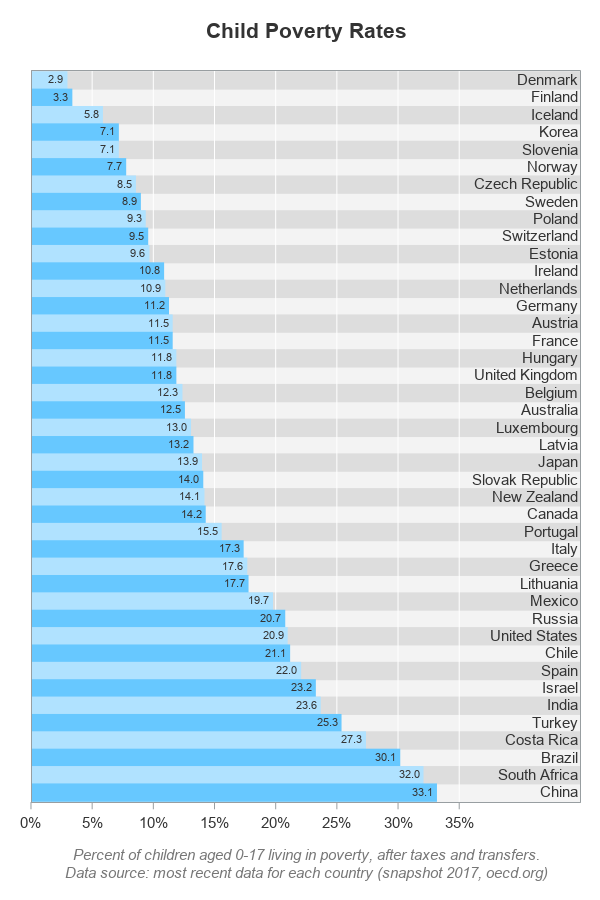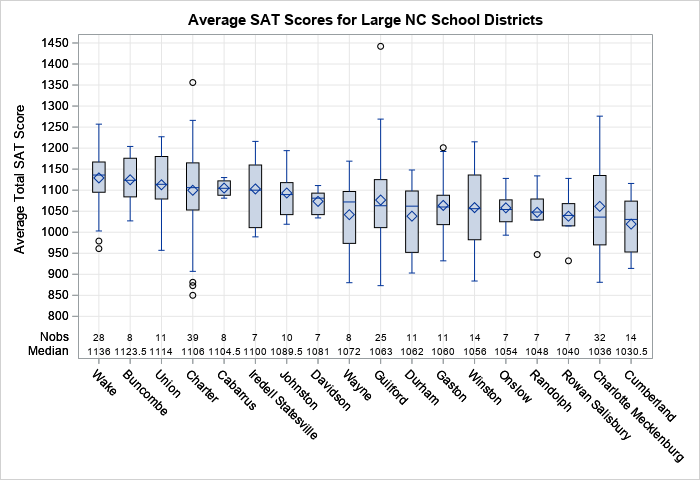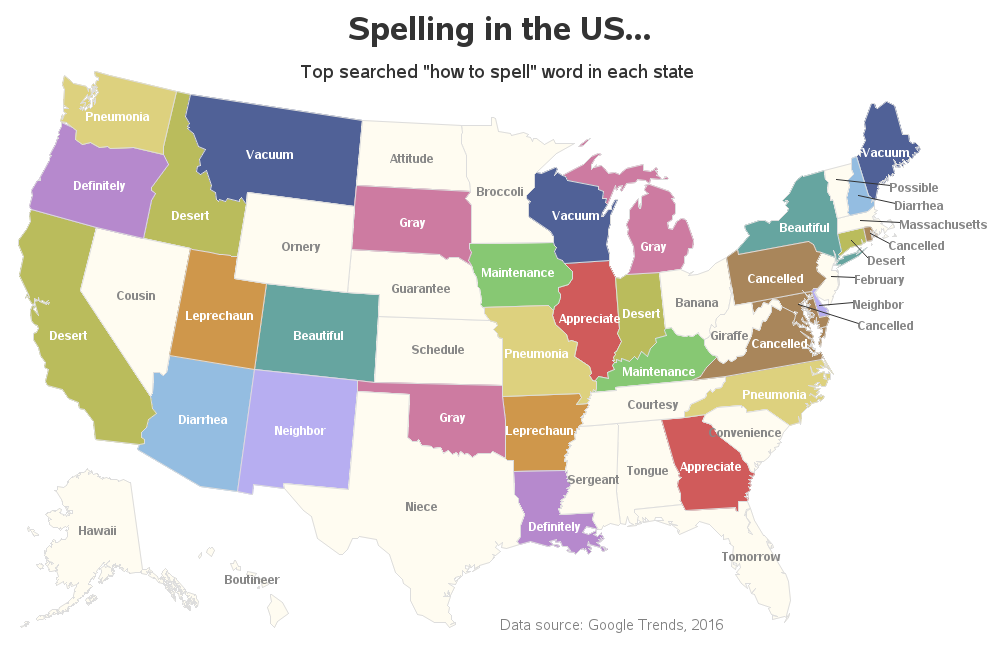All Posts

The Special Olympics is part of the inclusion movement for people with intellectual disabilities. The organisation provides year-round sports training and competitions for adults and children with intellectual disabilities. In March 2019 the Special Olympics World Games will be held in Abu Dhabi, United Arab Emirates. SAS is an official

A SAS programmer posted an interesting question on a SAS discussion forum. The programmer wanted to iterate over hundreds of SAS data sets, read in all the character variables, and then do some analysis. However, not every data set contains character variables, and SAS complains when you ask it to

SAS코리아, ‘SAS 뱅킹 이노베이션 포럼’ 성료 인공지능(AI)과 머신러닝 기반 솔루션 활용한 성공적인 금융 디지털 혁신 방안 공유 ATB 파이낸셜·NH농협은행, SAS 바이야로 업무 생산성 향상 및 최적의 고객 서비스 제공 2019년 3월 7일 – 세계적인 분석 선두 기업 SAS(쌔스)코리아(www.sas.com/korea)가 6일(수) 서울 여의도 콘래드호텔에서 국내 주요 금융권 관계자가 참석한 가운데 인공지능(AI)과 머신러닝(ML)

SAS is a place for the relentless problem solver, the tireless innovator and the passionate explorer. One of our Associate Test Engineers, Jess Mayo knows that, here, your know-how, abilities and talents are what matter most. Are you curious about the world around you? Are you filled with passion to

Los términos de inclusión y diversidad ocupan un lugar relevante en las agendas de las organizaciones. Leemos en los medios y redes sociales con frecuencia sobre la importancia de abrir las puertas y dar mayores oportunidades en las mujeres y las minorías para los que participan activamente en las áreas

In a move to combat "stataphobia" and foster excellence in statistics in developing countries, SAS Press last month donated 70 SAS Press titles to the Serageldin Research Library at the Library of Alexandria in Egypt. The library’s mission is to achieve statistical equity so that a student in Chad has

According to the most recent data, the child poverty rate in China is 33.1% - the rate in Denmark is 2.9%. Where do other countries fall in between these two extremes? Let's build a graph and find out! (or, if you're not interested in the code - jump to the

Resilience is the capacity to respond positively to hardships that someone might come across, including living with a chronic illness. It is about adapting to the new normal, learning information, and focusing on strengths and values. Being flexible and adaptable, having good communication within the family and medical team, and

As of December 2018, any customer with a valid SAS Viya order is able to package and deploy their SAS Viya software in Docker containers. SAS has provided a fully documented and supported project (or “recipe”) for easily building these containers. So how can you start? You can simply stop

Learn why Jason Simon from UNT calls data governance critical.

I was recently honored to share the stage with government and medical leaders to discuss ways to impact the nation’s opioid epidemic. Hosted by The Washington Post, this event included often spirited conversations on ways to solve this national crisis. As the medical director for SAS US Government, I have

A previous article shows how to use a scatter plot to visualize the average SAT scores for all high schools in North Carolina. The schools are grouped by school districts and ranked according to the median value of the schools in the district. For the school districts that have many

In automated production (or business operations) environments, we often run SAS job flows in batch mode and on schedule. SAS job flow is a collection of several inter-dependent SAS programs executed as a single process. In my earlier posts, Running SAS programs in batch under Unix/Linux and Let SAS write

Which words do people have the most trouble spelling? We now have some insight into this question, based on a Google Trends analysis. Let's do a little fun analytics, and plot the results on a map! But before we get started, let's go old-school for a minute. Before the days

I’ve been thinking about this for a while. I have two adult sons, both of whom who are married—one for 10+ years and one for 2+ years—so I’ve had some time to practice. My guess is if you are reading this blogpost, you either have an in-law relationship that is











